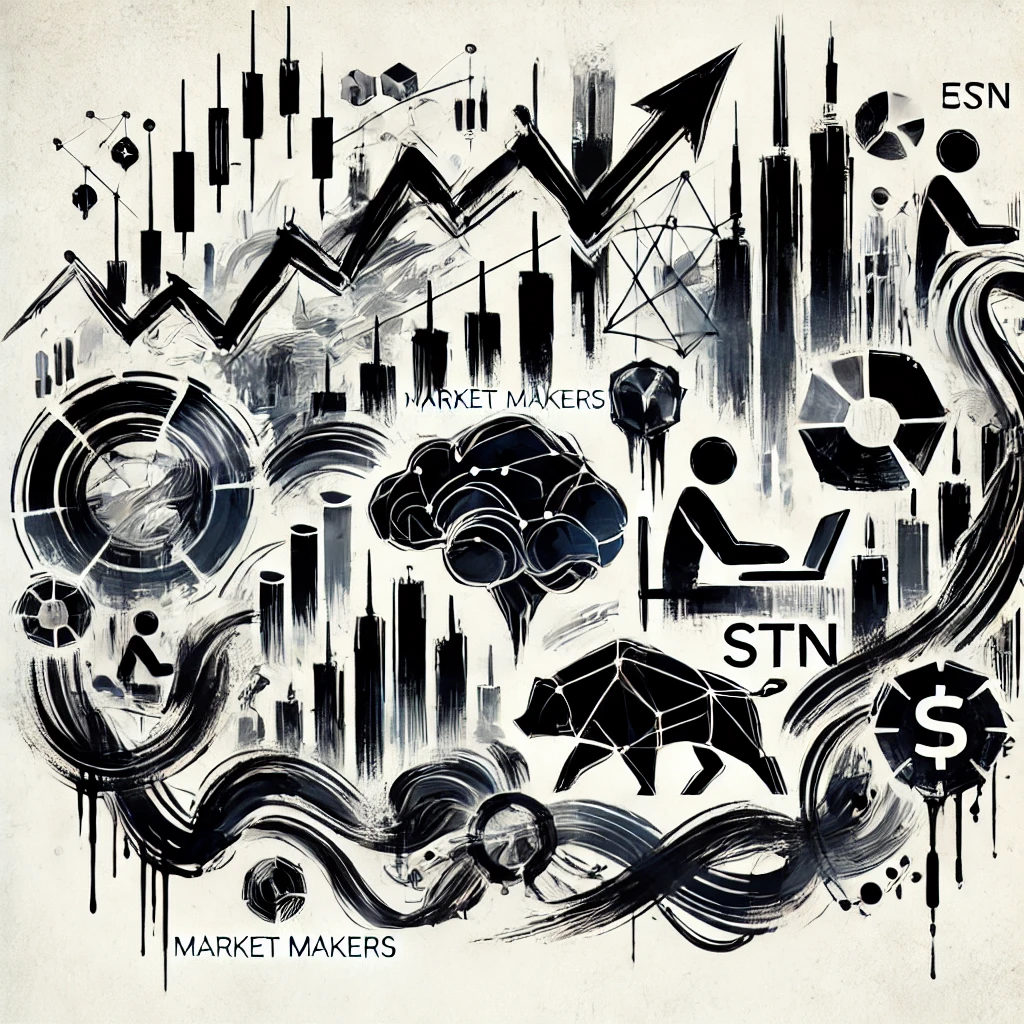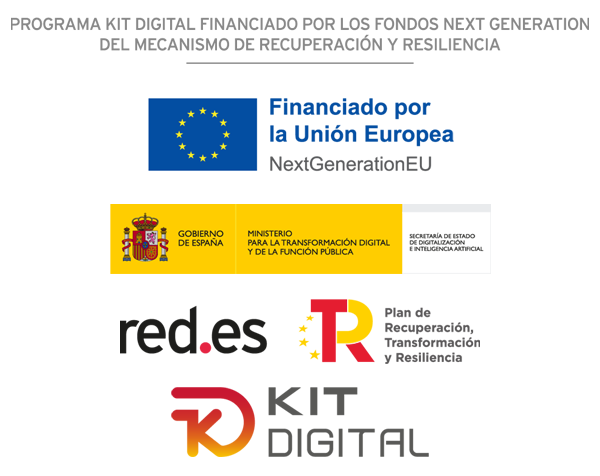In the world of trading, there is a wide variety of brokers available to retail traders. However, in this section we will focus on the three main types of brokers: Market Makers, ECN and STP.
Each type of broker has its own characteristics and advantages, and it is important to understand the differences between them to choose the platform that best suits each trader’s needs.
Market Makers :
Market Maker brokers act as counterparties for their clients’ transactions. Instead of directing traders’ orders to the market, these brokers execute the trades internally.
They set their own buying and selling prices, which can result in a slight difference between the broker’s prices and those of the actual market.
These brokers are suitable for beginner traders or those who carry out operations with small volumes, as they usually offer fixed spreads and fast order execution.
ECN (Electronic Communication Network):
ECN brokers are electronic platforms that connect traders directly with other market participants, such as banks, financial institutions, and other individual traders.
In an ECN environment, orders are executed transparently, as buy and sell prices are provided by multiple market participants, which can result in tighter spreads and faster order execution.
They usually charge commissions for each trade made, rather than making profits through the spread, which can result in lower costs for traders with high trading volume.
STP (Straight Through Processing):
STP brokers are intermediaries that transmit their clients’ orders directly to the interbank market or other liquidity providers, without intervening in the process.
Like ECNs, STP brokers offer direct order execution and access to real-time market prices. However, unlike ECNs, STPs may have agreements with specific liquidity providers.
They usually offer variable spreads that reflect real-time market conditions, and may also charge commissions for trades made.
Each type of broker has its own advantages and disadvantages, and the choice between them will depend on the individual needs and preferences of each trader.
That said, and considering that what we have done is an “official” description of each type of broker, I would like to make it clear that what happens in the backend of each broker is known only to the broker itself.




